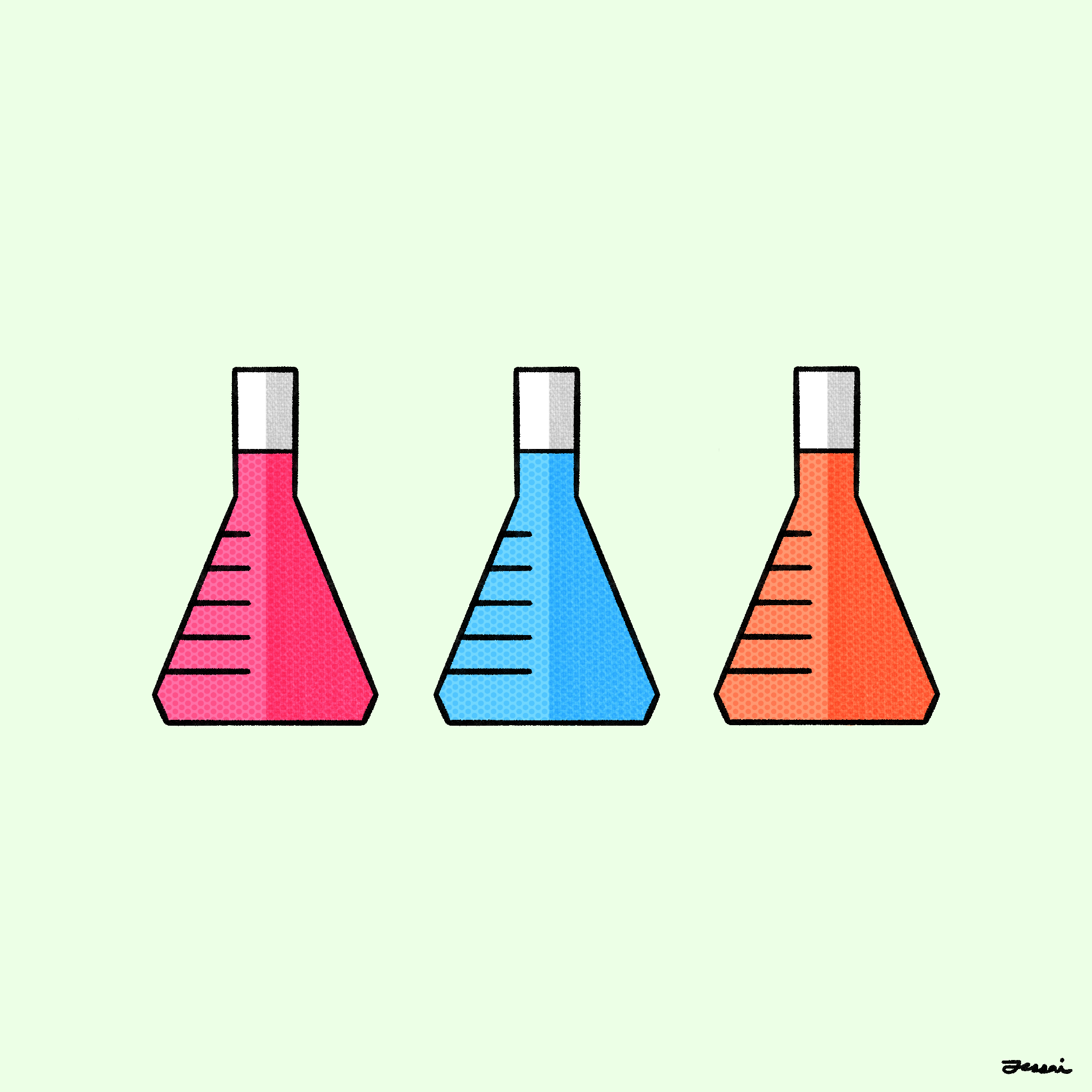Students discuss initiatives to improve accessibility of research at Yale
Students and professors reflect on the ability to get involved in research as an undergraduate at Yale College, and the resources available for students to do so.

Jessai Flores
Many first-year STEM students look forward to the prospect of conducting research during their time at Yale. However, students come to school with a broad range of experience — from high involvement in research throughout high school to none at all.
To close the gap between varying levels of research experience among students, Yale provides a variety of programs meant to facilitate the learning process for students who come from underprivileged backgrounds — for instance, mentorship programs, classes that teach the basics of scientific research and funding for summer research experiences. The University also offers several different types of fellowships, including the First-Year Fellowship, which aims to increase the number of students who conduct research as a first-year.
“I come from a very low-income high school, super low-funded,” said Ignacio Ruiz-Sanchez ’25. “Especially with STEM, I did not have [research] opportunities before coming here to Yale. So I feel like Yale really does foster that environment where low-income or FGLI students can have that opportunity to pursue research.”
Ruiz-Sanchez was a part of the STARS I mentorship program, as well as the STARS Summer Research program. STARS I is an academic year program that provides mentorship for students who come from underfunded high schools or who are underrepresented minorities in STEM. It provides faculty and peer mentorship, workshops, activities and panel discussions about research for around 200 first-years.
Recently, Dean Sandy Chang ’88 created a class titled “Perspectives on Biological Research,” which targets STARS I students who do not have significant experience with laboratory research. The goal of this class is to teach these students how to read and present research papers and how to write research grants. A key feature of this class is that all students who receive a B+ or above are guaranteed funding for summer research.
Each year, Chang also compiles a STEM guide he sends out to incoming first-years which includes information for pre-med students, graduate school resources from the Office of Career Strategy and various STEM major roadmaps, among other resources.
Referring to students who come from underfunded high schools, Chang said, “I actually connect with about five or six hundred of them over the summer, and the first thing I do is send them my STEM guide … Even before they step foot on campus they get a copy of my guide to read.”
The STARS Summer Research program is one of several programs that provide funding for summer research experiences. While STARS is targeted toward FGLI students, other programs like the First-Year Summer Research Fellowship and the Dean’s Fellowship are open for all students to apply.
The First-Year Summer Research Fellowship funds a 10-week summer research experience and also includes various research workshops, seminars, journal clubs and social events. The application for this fellowship involves working with a Yale faculty member to develop a research project and write a research proposal for the work a student plans to do over the summer.
According to Ruchi Agashe ’24, Chang held several workshops where he offered resources for writing this research proposal.
“[The Science and Quantitative Reasoning] website was very detailed about exactly what they were looking for in the proposal,” Agashe explained. “I did feel like the process was not very intimidating. It wasn’t really something that I felt was stressful just because I felt like I had all the resources I needed to write [the proposal].”
Students are sometimes intimidated by the idea of pursuing research at Yale. Expectations of a high degree of competitiveness for fellowships can make the process especially stressful. However, according to Chang, 85 percent of students who apply for the First-Year Summer Research fellowship get it, and 70-75 percent of sophomores and juniors who apply for the Yale College Dean’s Research Fellowship are accepted. Thus, the fellowships are not actually as competitive as some may believe.
In addition to this, uncertainty regarding the procedure for getting research positions can also make the process difficult. Since there is no one way to approach obtaining research positions, the idea of starting the process may seem daunting.
“I definitely think that emailing professors is going to be a new territory, in a sense, because I don’t know how to go about that,” said Ashlyn Wang ’26. “I also don’t exactly know what to expect in a lab scene [or] what exactly it is I would be doing there.”
However, in Agashe’s experience, even if Principal Investigators, or PIs, did not have enough space in their lab, they would refer her to other PIs who conduct similar research. According to Chang, there is no reason to be afraid of cold emailing PIs..
“I really liked my lab because they really do foster that learning environment that is more hands-on and very pragmatic, compared to a classroom,” said Ruiz-Sanchez. “My lab mentor, she was amazing. She was super helpful and put us [undergraduates] down the right path.”
Students also have access to undergraduate-led peer support when it comes to accessing research opportunities.
As the incoming president of the Yale Undergraduate Research Association, Agashe explained that the purpose of YURA “is making undergraduate research more accessible, and making it easier to get involved.”
YURA offers additional resources for students, some of which include graduate student mentorship through the Graduate-Undergraduate Mentorship Initiative, a research database which tells students which labs are currently looking for undergraduates and the Yale Undergraduate Research Journal where students can publish their research.
“As someone who did go into Yale having done research, I think … being able to help other people and provide resources for people who have never done research before, that’s something that’s really important to me,” Agashe said.
YURA was founded in 2015.







